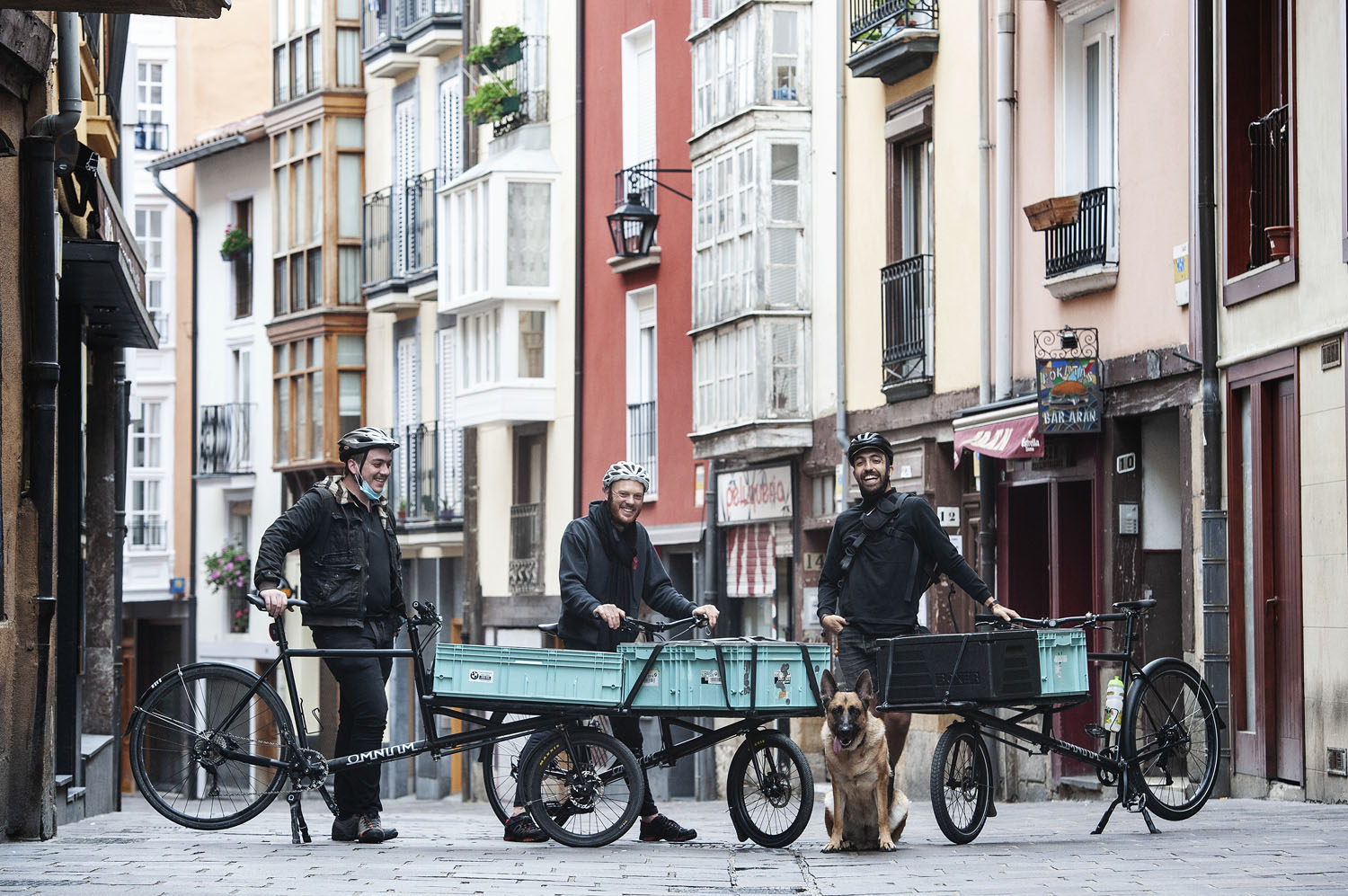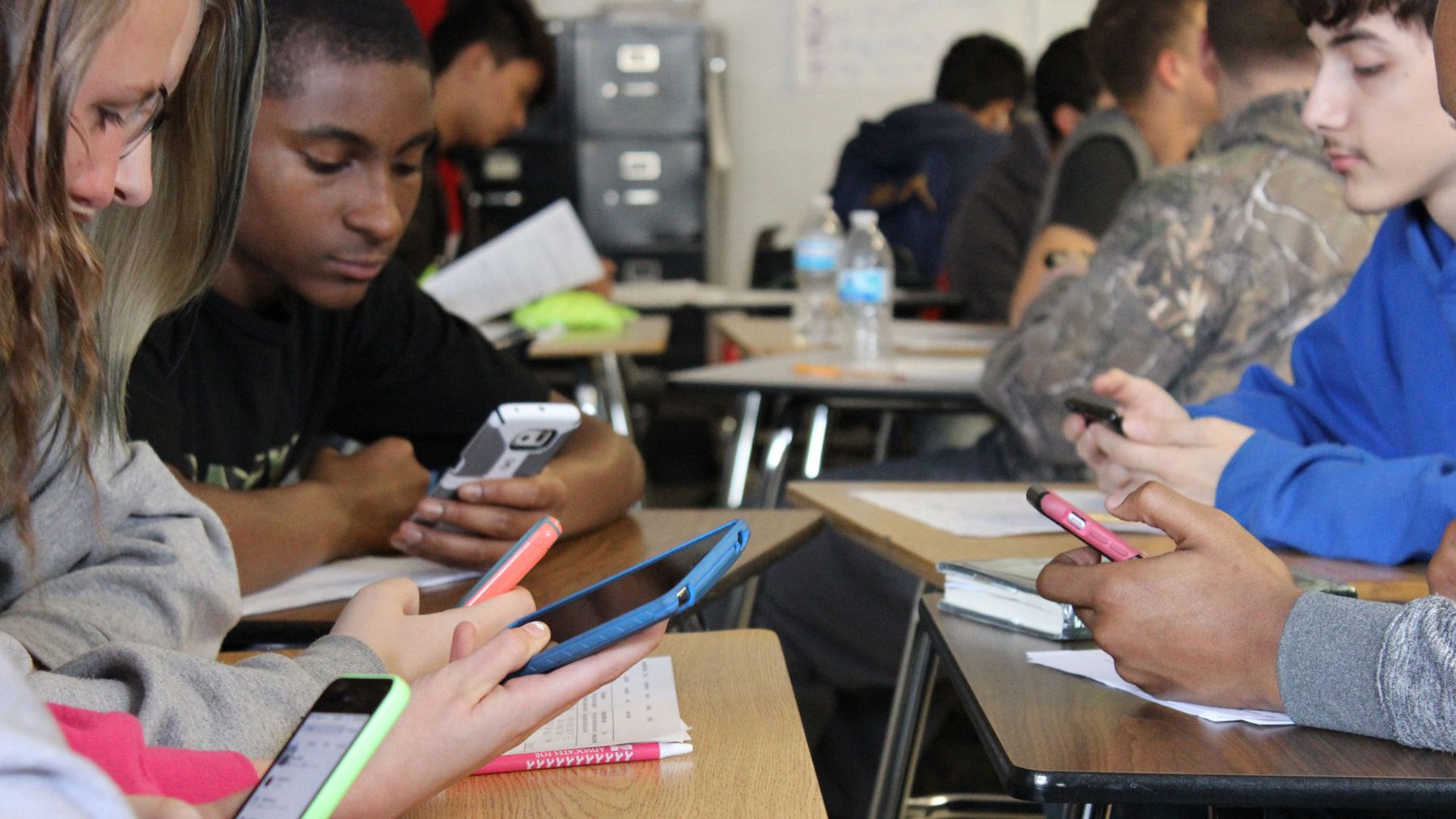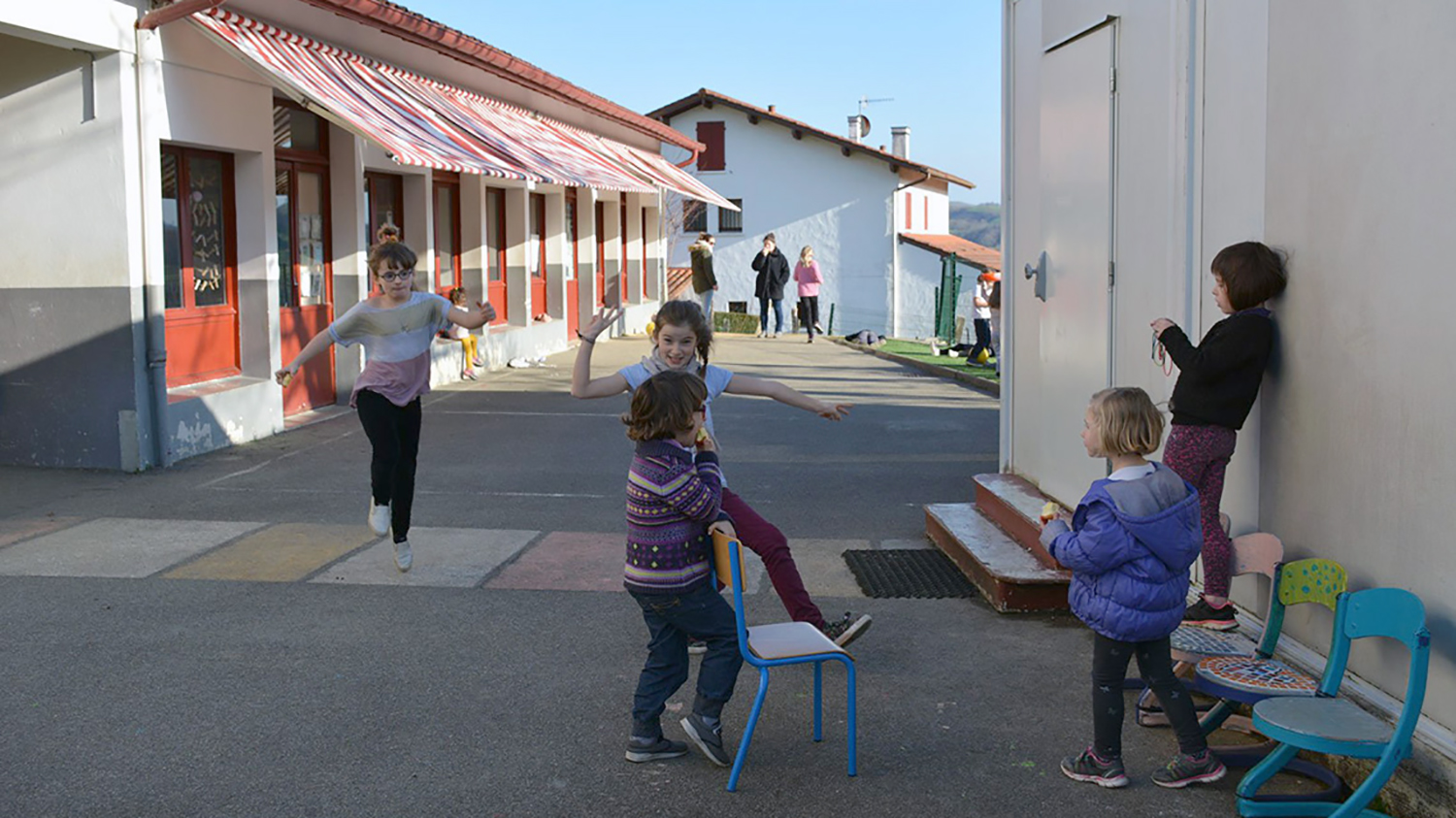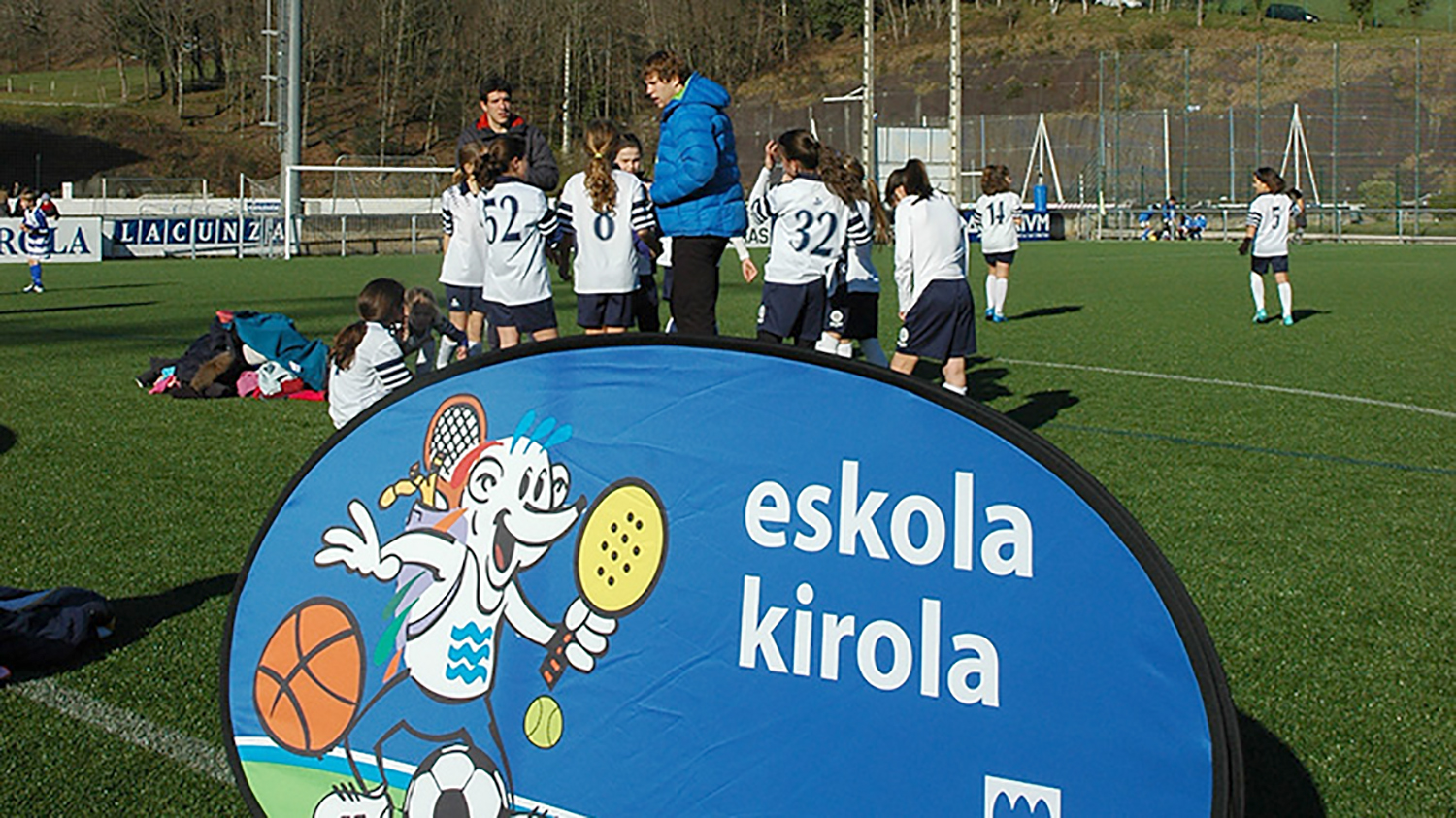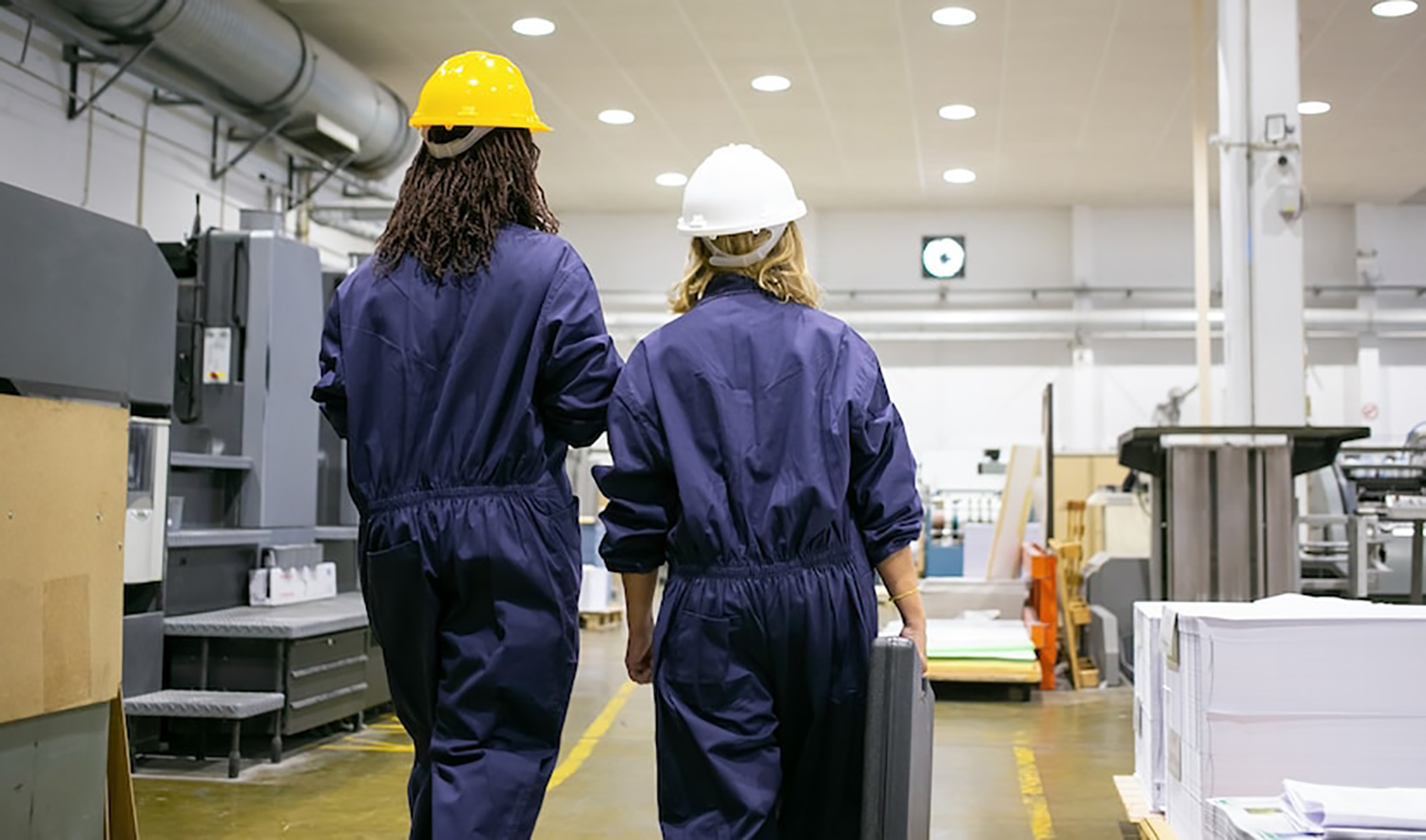Beyond borders and prohibitions, the integral development of students in the center
- “The precepts of the protocol that comes from the Administration often do not match our pedagogical vision, and we have had to make a big puzzle.” These words reflect what many schools live in. They are those of the head of studies at the Oion public school, which in the new course focus on the reorganization of space – including outer spaces –, small groups of students, the management of relationships and emotions, academic, linguistic and digital reinforcement, and cooperative project learning.

This educational center in Rioja Alavesa has 340 students and 36 teachers and the management team of the center started preparing the protocol before the summer. Later, they have received contributions from teachers and parents to define a strategic plan based on the integral development of the student: physical, emotional, social and academic development. Mikel Kolomo, head of studies, explains the key elements of the plan: “Putting so many limits can be a difficulty for the development of the emotional and social environment, and we base our pedagogy on cooperative learning and emotions, but making good use of spaces and distances, we will try to maintain those lines, because for us it is essential that students work cooperatively and as a team”.
Limits
“Distance is one of the most obvious limits for us. We want the child to grow up in the group, to grow and learn in the group, to be part of a group, and to reject direct contact means to avoid the group dynamics, but we will try that to the extent that the measures allow us to have it on the basis of collaboration”.
They bet on outdoor spaces and activities and the teachers express their intention to use both the patio and the extra-school green spaces and zones
Reorganization of space
The reorganization in the center has been total. To begin with, so that students do not join with many peers, they have differentiated three areas: On the one hand, Infant Education – in an independent building – on the other, the first three Primary Education courses – on the same floor – and, on the other, the last three Primary Education courses – on one floor.
In addition, a clear commitment has been made to the exterior spaces and activities and the teachers have the opportunity to use both the patio and the exterior spaces and green areas. They have identified the open areas of the village suitable for learning and the team of teachers has shown their intention to take them outside in general. Inside the classroom, “this year more than ever we will keep doors and windows open.”
Their adaptation to Early Childhood Education has had to be suspended, as the inspector has not allowed the parents to enter the center. Alternative? The refurbishment works have begun abroad, in the plazas and parks of the locality. “After all, we feel that the people are part of the school and that, as we give the people, we also collect them from the people.”
.jpg)
In small groups
In Oyón, groups of between 10 and 11 students have been achieved. Here they have a ratio that they dream of in many centers and that is not possible for them due to lack of resources, lack of teachers. The largest classrooms, between 20 and 21 students, have been divided into two. For this, on the one hand, they have gained more spaces, as the students can only use one room, as they have taken advantage of those they shared with others (music classroom, informatics…) to make doubles. On the other hand, in addition to the usual ones, they have used the collaborators for each group to have a teacher (educators oriented to linguistic reinforcement, hours of support from the Physical Education faculty…). “We’ve made the tetris to square the bends. The commitment of teachers has been fundamental to carry out this new function and organization.”
Relations as an objective
“Our children have spent months at home or without seeing each other, and we cannot allow them to have no relationships with each other,” says Kolomo. “In Early Childhood Education and in the first cycle of Primary Education we are more likely to create stable groups and be able to play with each other, ensuring at least minimal interaction. At higher levels, the key has been that student groups are as small as possible, although with measures to ensure relationships and if there is a positive case for the situation to be as controlled as possible, limiting direct contacts”.
To ensure relationships, the key has been that the groups of students are as small as possible, so that if there is any positive case the situation is as controlled as possible.
Reinforcements in three directions
The confinement increased the educational and linguistic gaps, and reinforcing the reinforcements will be decisive in this beginning of the course. “In the case of students with special needs, we have achieved the human resources necessary for more personalized care. In this sense, we have been lucky,” explained the Head of Studies.
In general, they will focus on three main axes: Basque, digital skills and emotions. “The context of Oyón is difficult as far as the Basque language is concerned, so we will focus and the resources we have; we will expand the support sessions in the linguistic field. We will also work on digital competencies specifically to avoid what happened in the previous course. By the time we got home, many children were completely lost, so on this occasion we want to work digital skills so that the gap does not widen if we go home.” To do this, they have distributed computers in the computer classroom in classrooms and created corners in each classroom to develop digital skills: “We will work with them proposing challenges that may be significant to the students.” More devices have also been requested for families in need.
The third leg is emotions, key to the integral development of the student. “The learning of students who are not emotionally balanced will not develop properly. The good cohesion of the group is an important objective and above all we offer the beginning of the course, this year more, of course: we are looking for a stable group in healthy and comfortable relationships and a safe space for all. When you get a cohesive team, the group moves together.”
Mikel Kolomo: "When we were confined, many children were completely lost, this time we want to work digital skills before the gap doesn't increase if we go home again."
Project curriculum
They use project methodology at Oyón Public School. They are common projects to work throughout the school and all classrooms manage to develop concrete competencies in each project, working on the curriculum sections. “Working cooperatively and by projects allows starting from the interests of the students and giving meaning to what they have learned.”
.jpg)
.jpg)
The Department of Education doesn't understand why public employees have gone on strike. He's got to ask the LAB Syndicate. This union signed an agreement with the department in April 2023. Two years later they have also called for a strike because, unlike the previous ones, the... [+]
Erretiratu berri den lankide-ohi baten omenez, Historiako irakaslea. Bejondeizula!
Hezkuntza-legeek azpimarratzen dute zein garrantzitsua den ikasleengan pentsamendu kritikoa sustatzea. Baina irakasle-klaustroak, garai batean ideien eztabaidarako eta proposamenak... [+]
I received your e-mail in personal mail on the strike portals. At first, like many others, I thought it was to let you know what options we have in the face of the strike. But no, the e-mail received was a political and communicative movement against the strike.
I will confess... [+]








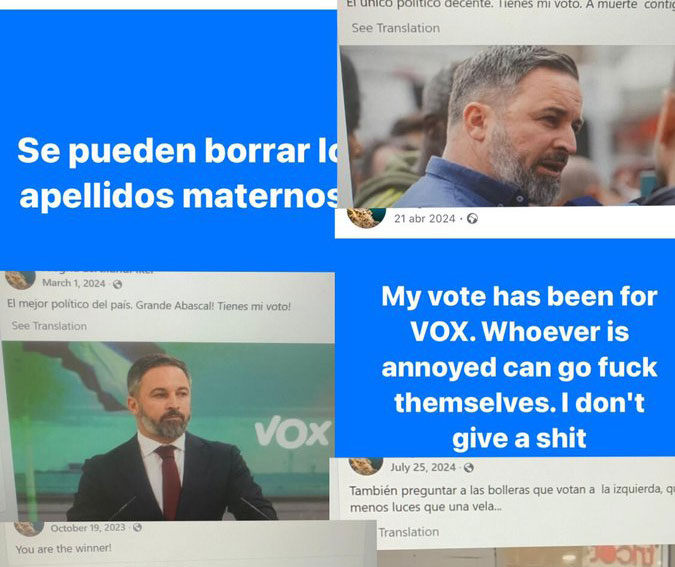
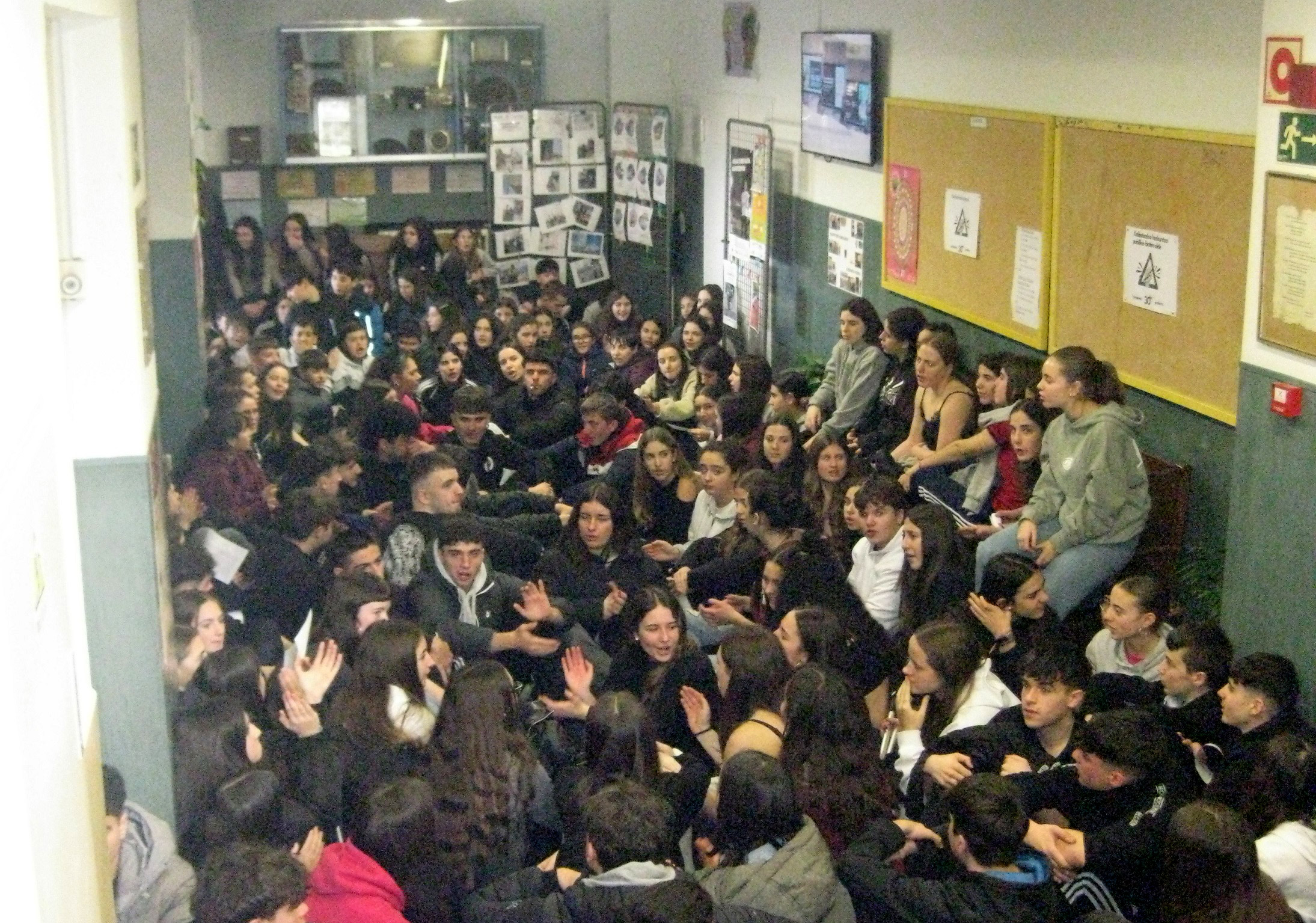

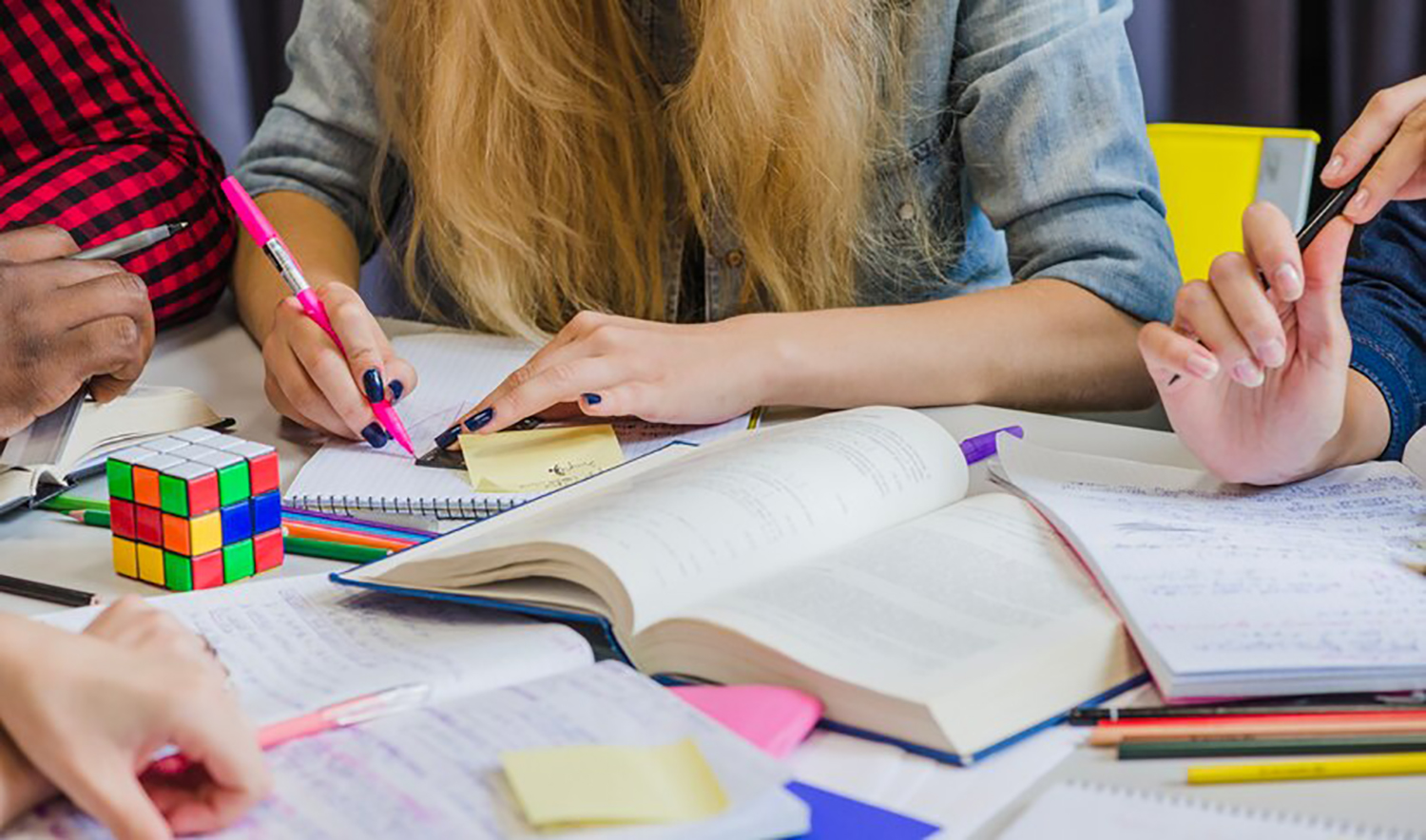

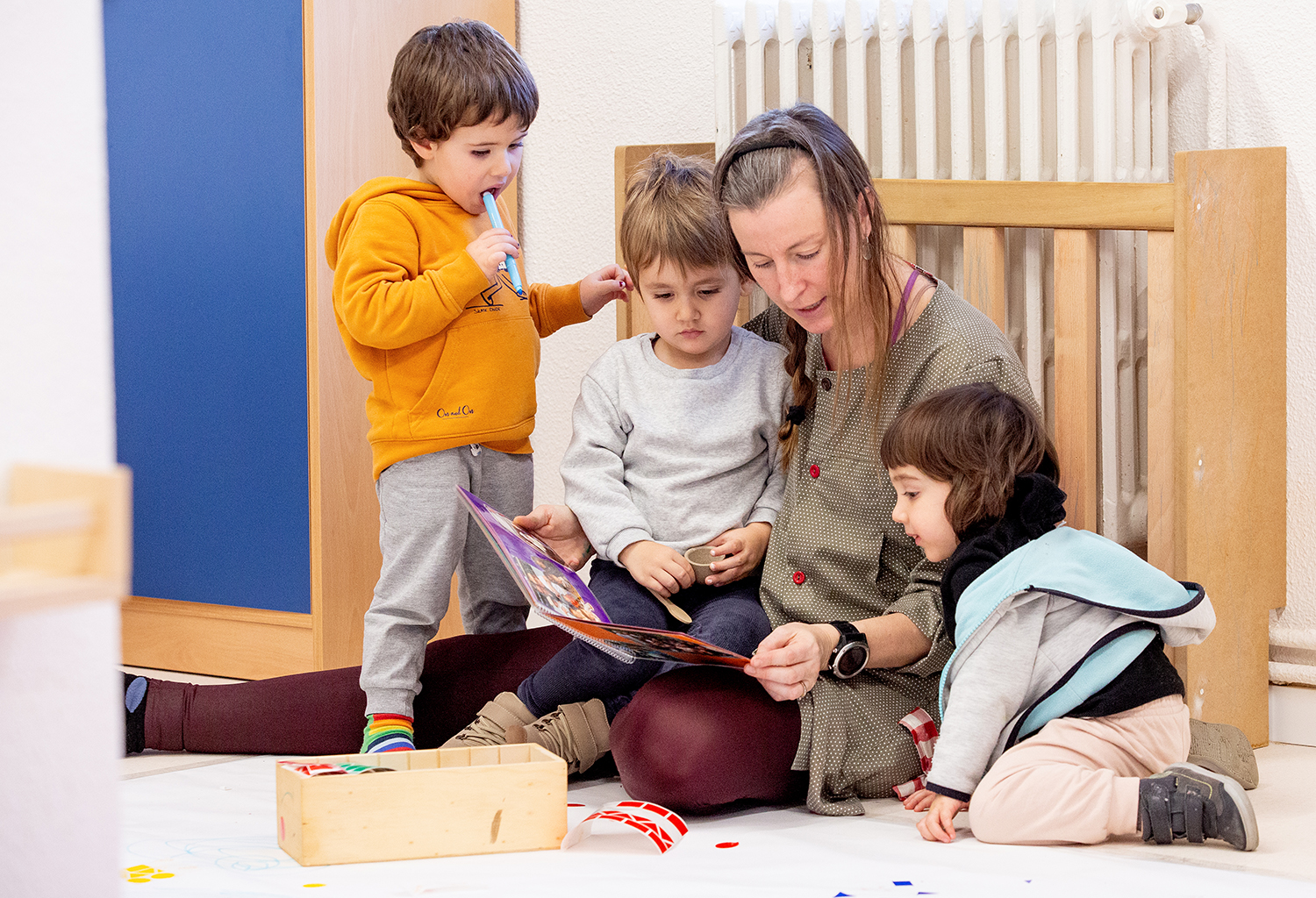
.jpg)
